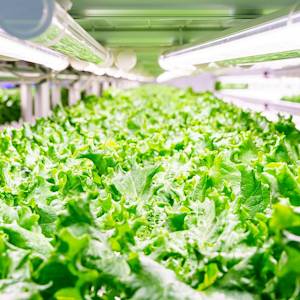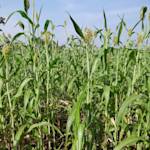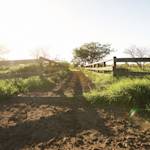Organic farmland restoration in Uruguay
2019 CE • Uruguay
Uruguayan organic farming advocate Alda Rodríguez holds a PhD in agricultural sciences and owns her own organic farm on formerly degraded land in the Uruguayan countryside. "Our countryside is depleted because of monocultures. In fact, the land in Uruguay is very suitable for agriculture, but most farmers opt for monocultures of grass and cattle. The agro toxins used in the meadows poisons our water and ends up in the food chain. Biodiversity vanishes... When I started here 15 years ago, the land was very degraded and soil erosion was visible. Only some eucalyptus trees grew here. I planted more than 1,000 different trees and shrubs, native species of fruits and shrubs. Very soon, nature made a comeback. Did you notice the many birds and insects?” she asks, rhetorically, for their presence can’t be overlooked . . . “At the compost heap we recycle the biomass that is released on the farm. This way we return nutrients to the soil,” Alda tells us and grabs a hand of compost soil. It is dark and filled with worms. Ivar adds: “The more fertile the soil, the more carbon it can absorb. CO2 from the atmosphere is, as it were, captured in the soil. Good soil management is therefore also important for the climate!”
"Alda’s Organic Neighbourhood Farm (URY) – Sailors for Sustainability," Sailors for Sustainability, May 25, 2019.
Image: Dinesh Valke via Flickr, Attribution-ShareAlike 2.0 Generic (CC BY-SA 2.0)


Learn about Maya Lin’s fifth and final memorial: a multi-platform science based artwork that presents an ecological history of our world - past, present, and future.

Discover ecological histories and stories of former abundance, loss, and recovery on the map of memory.

Learn how we can reduce our emissions and protect and restore species and habitats – around the world.

See how art can help us rethink the problems we face, and give us hope that each one of us can make a difference.

Help make a global memorial something personal and close to home. Share your stories of the natural world.


